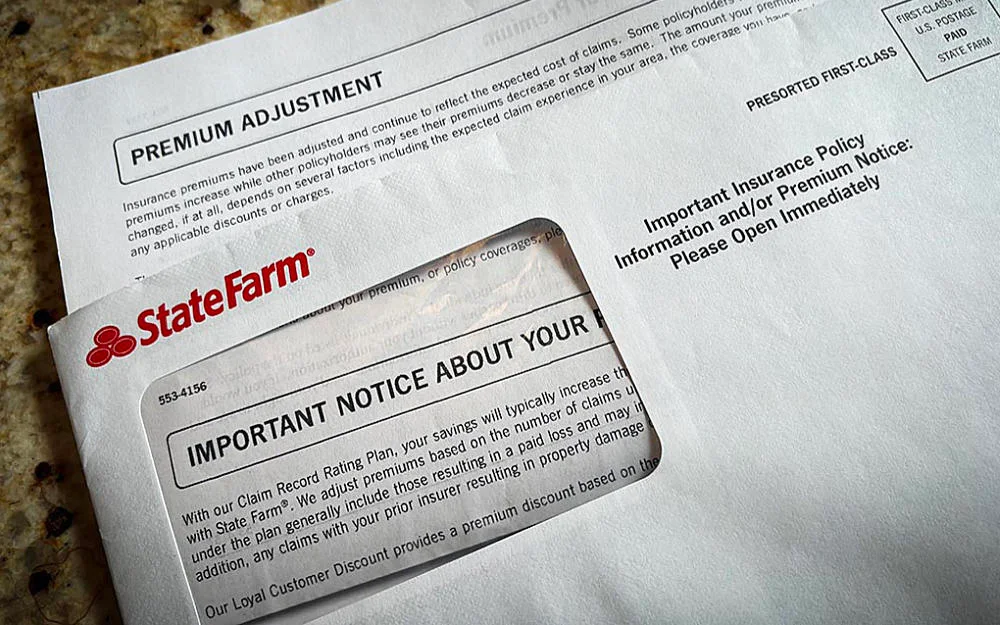For the first time, states will have to take on a significant share of funding SNAP. New work requirements for SNAP will have little effect on employment, but will cause more children to go hungry.

Photo: Use at your Ease/Pixabay
Hundreds of thousands of lawfully present immigrants, including children, will lose access to Medicaid
by Sarah Anderson and Lindsay Koshgarian
OtherWords
The GOP’s “One Big Beautiful Bill,” which narrowly passed Congress and was recently signed by President Trump, represents the largest transfer of wealth from the poor to the rich since chattel slavery.
Here are just 10 of the worst things about it.
OtherWords
1. It’s going to kill people.
Cuts to Medicaid and the Affordable Care Act, combined with new administrative hurdles, could result in an estimated 51,000 preventable deaths per year. The new law and other actions by the Trump administration will strip health insurance from 17 million people.2. It will be an apocalypse for rural hospitals.
The budget restricts the provider taxes that many states use to fund Medicaid. The threat is particularly severe for rural hospitals, which rely heavily on Medicaid revenue. More than 700 rural hospitals are already at risk of closure — and at least 338 are at increased risk due to changes in this budget.3. It takes food from the mouths of hungry people.
New work requirements for SNAP benefits will take food assistance from millions, including children and veterans. As with Medicaid, new work requirements for SNAP will have little effect on employment, but will cause more children to go hungry.4. It squeezes states on SNAP.
For the first time, states will have to take on a significant share of funding SNAP. This unprecedented shift will likely lead many states to cut enrollees or even terminate food aid altogether.5. It bars lawfully present immigrants from aid.
Hundreds of thousands of lawfully present immigrants, including children, will lose access to Medicaid, the Children’ s Health Insurance Program, Medicare, ACA tax credits, and SNAP benefits. And 2.6 million U.S. citizen children who live with only an undocumented adult are expected to lose their Child Tax Credit.6. It terrorizes immigrant families.
The GOP budget provides $170 billion to arrest, detain, deport, and wall off migrants. That includes $45 billion for new immigration detention centers, including family detention facilities — a vast increase that will primarily benefit private companies contracted to build and run them.7. It takes from the poor to give to the rich.
The bill’s tax policies will overwhelmingly benefit the wealthiest households. A Yale analysis of the bill’s combined tax and spending policies finds that the poorest 20 percent of households will suffer a net income loss of $700 per year on average, while the top 1 percent will get a $30,000 increase.8. Corporations will take the spoils for themselves.
The budget keeps the corporate tax rate at 21 percent, a drastic reduction from the 35 percent rate from before the first Trump tax cuts in 2018 — despite the fact that ordinary workers have not benefited from this rate reduction.9. It rewards polluters while raising energy costs.
The budget also includes more than $1 billion in new tax breaks and subsidies for the fossil fuel industry, accelerating climate change while costing taxpayers. It also allows oil and gas companies to avoid paying fees for polluting methane leaks, a major cause of climate change. Meanwhile, cuts to clean energy subsidies could raise household energy bills by $415 a year over the next decade.
Photo: Dariusz Sankowski/Pixabay
10. It funds war and enriches war profiteers.
The bill gives the Pentagon a $150 billion boost, bringing overall Pentagon spending to over $1 trillion — a record high. That includes $25 billion for the “Golden Dome,” a missile defense system that’s economically and physically impossible but would enrich wealthy Pentagon contractors like Elon Musk. Instead, Congress should harness America’s abundant wealth to create a moral economy that works for all of us. By fairly taxing the wealthy and big corporations, reducing our bloated military budget, and de-militarizing immigration policy, we could free up more than enough public funds to ensure we can all survive and thrive. We have no excuse for not investing our national resources in ways that reflect our Constitutional values: to establish justice, domestic tranquility, real security, and the general welfare for all.
Sarah Anderson directs the Global Economy Project at the Institute for Policy Studies. Lindsay Koshgarian directs the IPS National Priorities Project. They produced a longer version of this analysis for Repairers of the Breach. This version was distributed by OtherWords.org.




